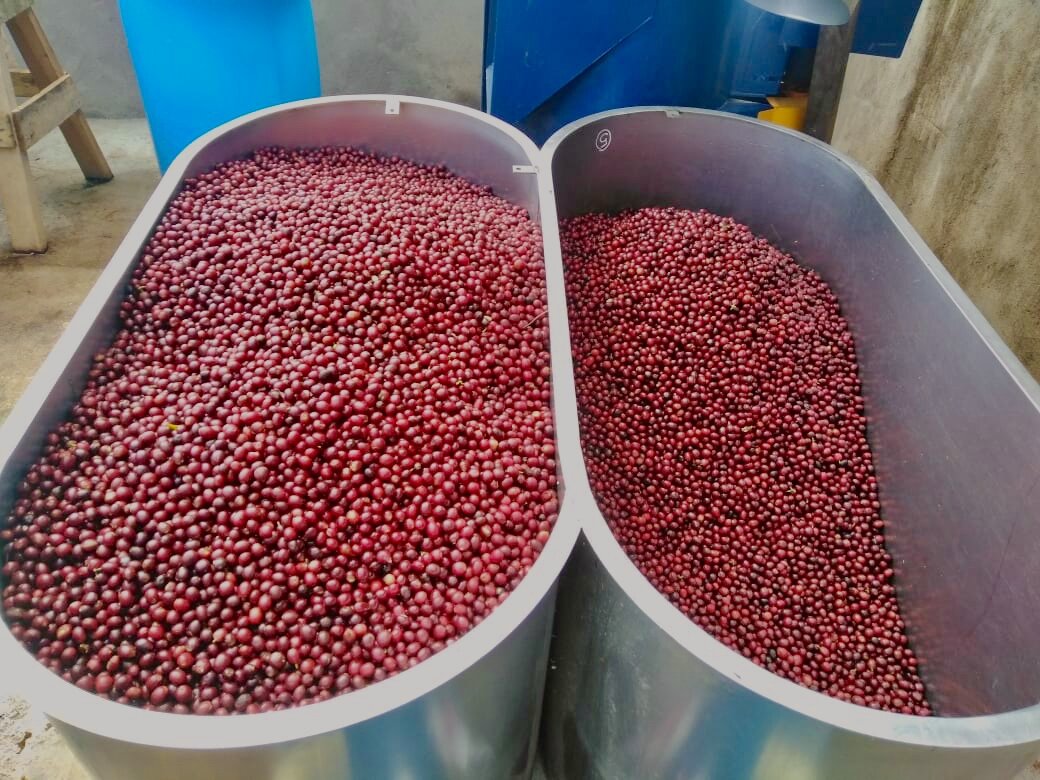
What is Anaerobic Processing?
Coffee is always evolving. Recently, innovative coffee producers have been experimenting with anaerobic processing, where coffee is fermented without oxygen. This distinct process—which lends itself to tinkering and testing—results in rare and exotic flavors, with no two tasting the same.
Although anaerobic fermentation is relatively new, aerobic fermentation—where oxygen is included in the process—has been common practice. Fermentation will begin as soon as a coffee is picked due to the presence of water, sugar, bacteria, and yeast. The sugars and acids in the coffee’s mucilage are then converted into different acids, CO2, ethyl alcohol, and other compounds. The beans will ferment somewhat differently depending on whether they are washed, naturals, or honeys, therefore leading to a variety of flavors.
Compared to aerobic fermentation, anaerobic fermentation produces distinct acids, like lactic acids, that give the final product a striking flavor. During this process, anaerobics are placed in sealed tanks that are pressurized from CO2 buildup, and then remaining pressure and oxygen are let out using release valves. This additional pressure forces the juices and sugars into the bean (that’s our theory, at least!). You can have anaerobic naturals, honeys, and washed coffees. The fermentation can take place in cherry or de-pulped in the mucilage. The coffee is then dried in cherry (natural), in mucilage (honey), or washed and dried.
The coffees we buy from Diego Samuel are double fermented—first in cherry, then a second time in mucilage after being de-pulped, then they are washed prior to drying. Standard green coffee smells like hay, but Diego’s smells so fruity and fragrant! Extended fermentation time is often needed because the yeast and bacteria are slowed down in the anaerobic environment. This is something that Diego tests regularly—he ferments anywhere from 12 hours all the way up to a week! His curiosity and tinkering with such a unique process have produced a delicious end result!

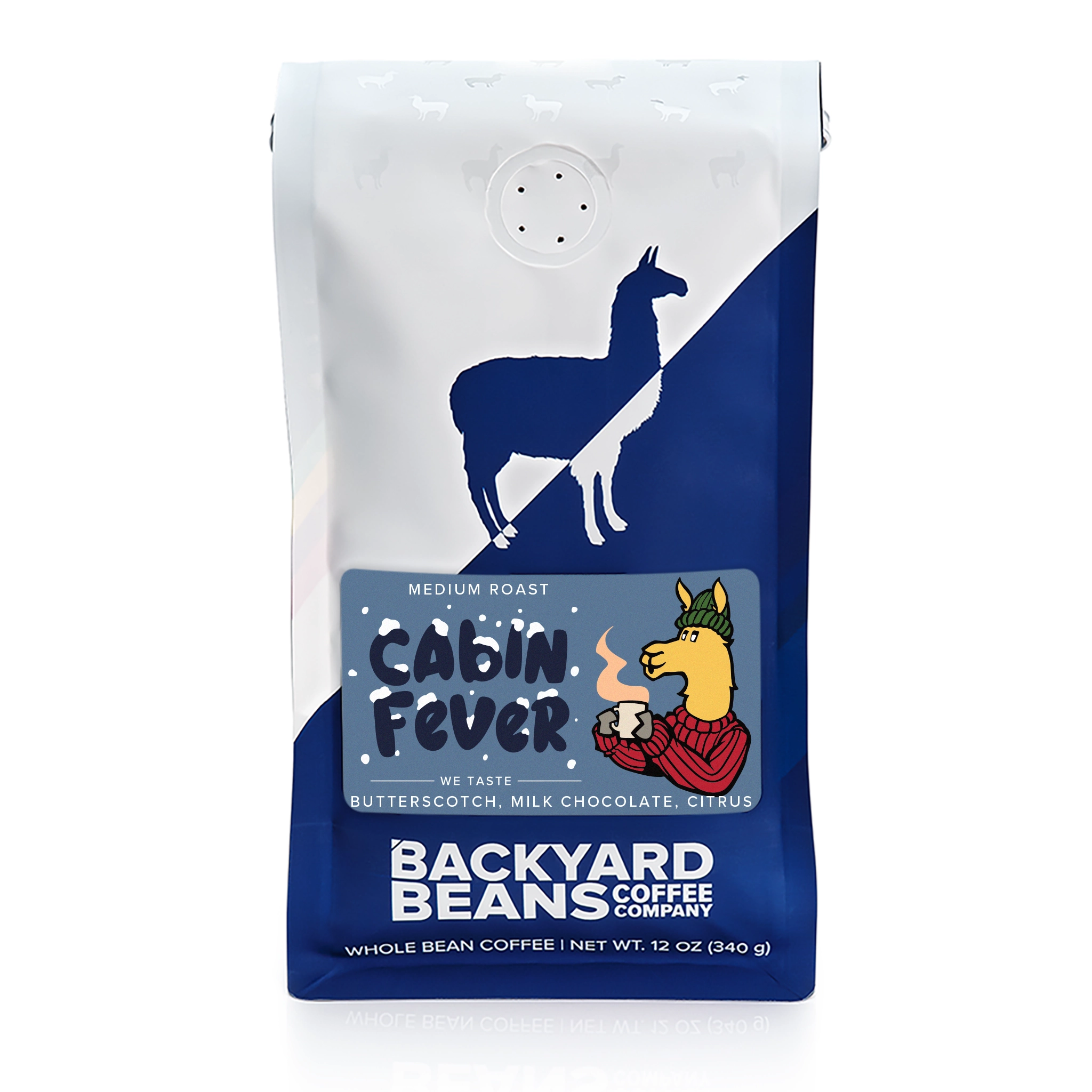

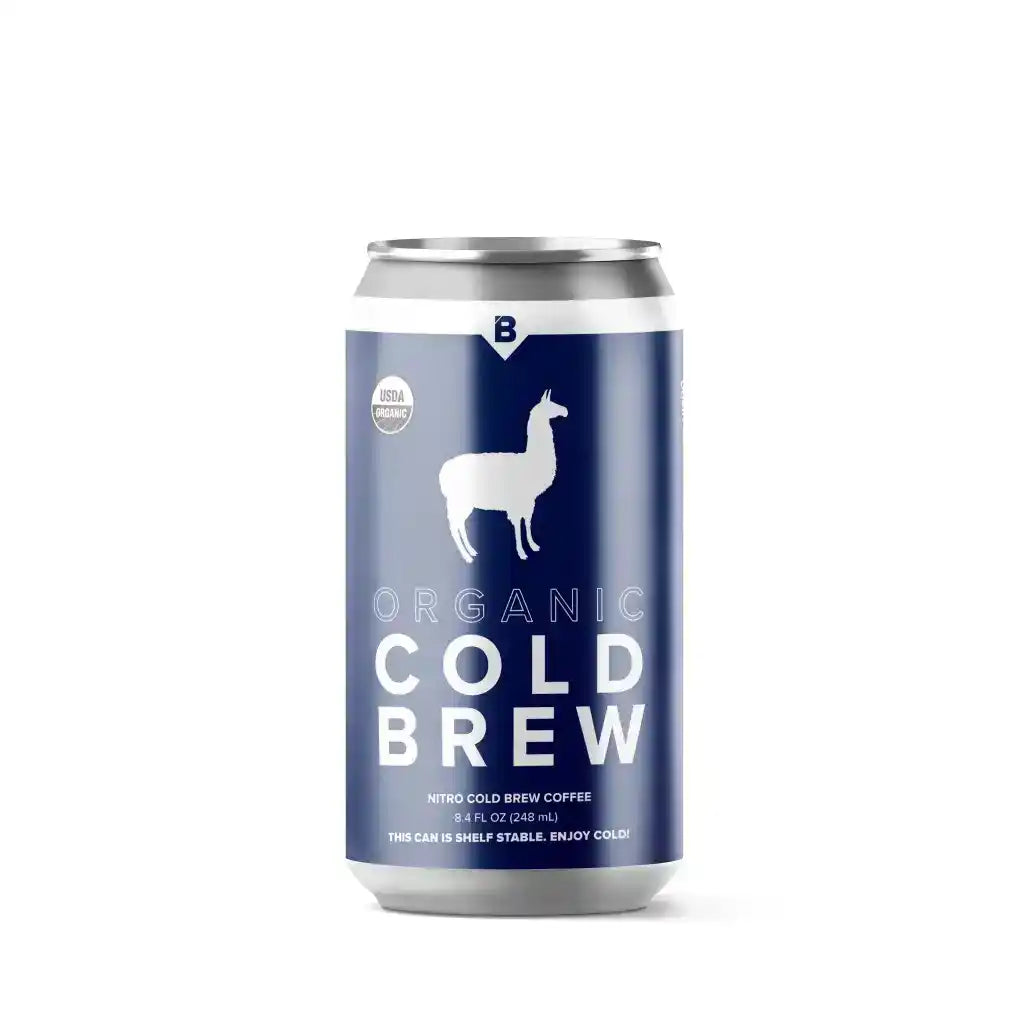
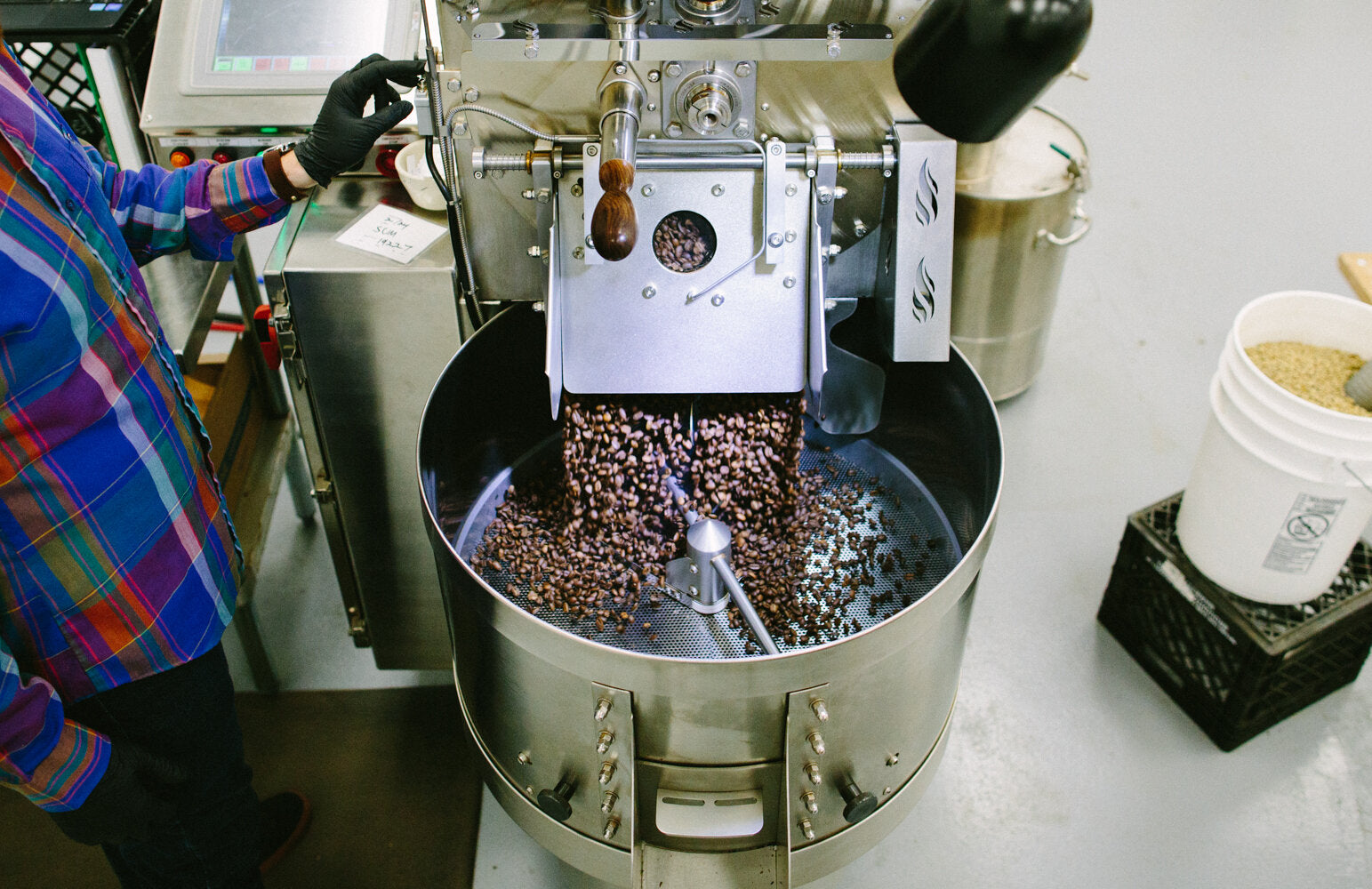
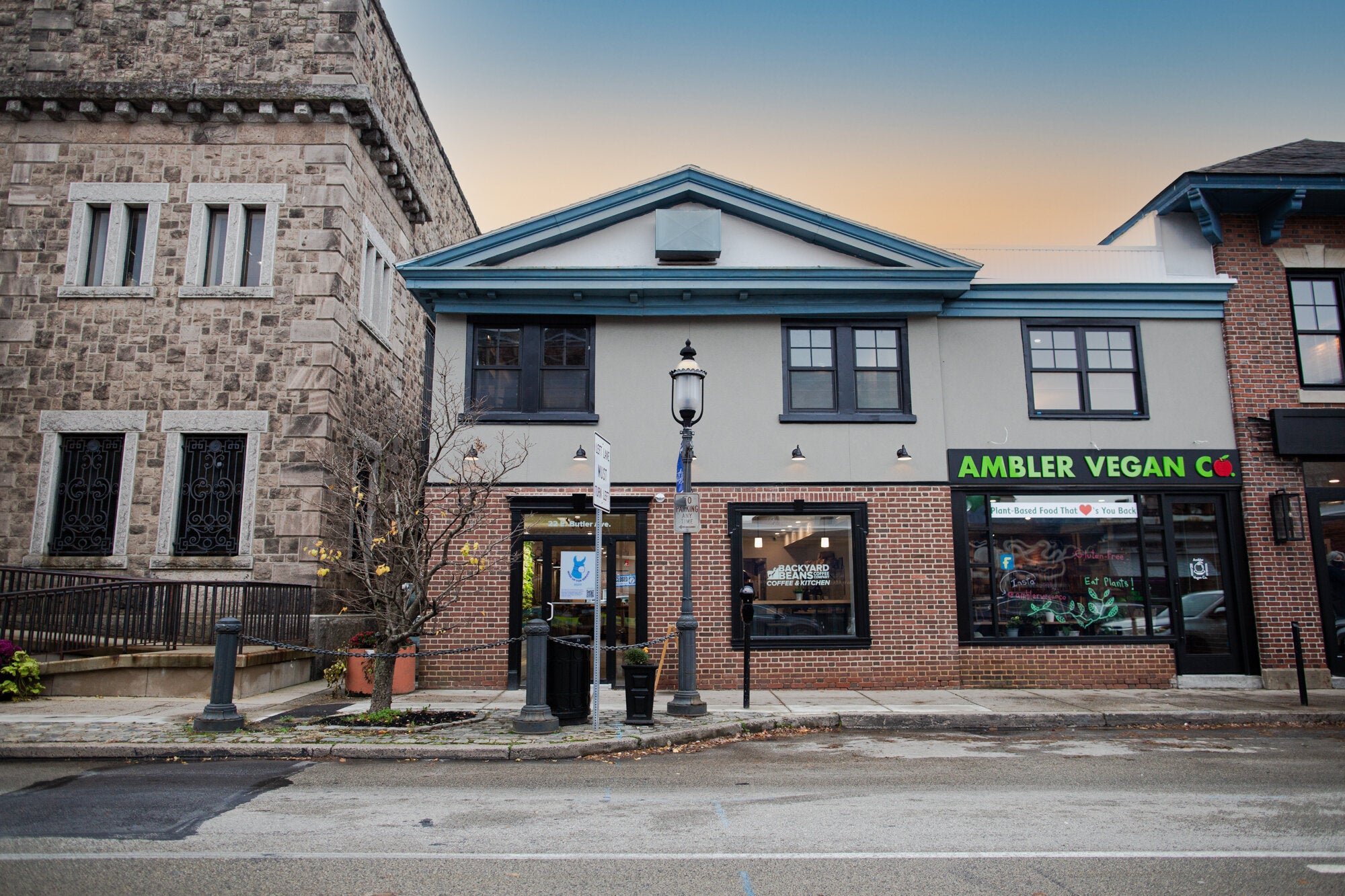
Leave a comment
This site is protected by hCaptcha and the hCaptcha Privacy Policy and Terms of Service apply.